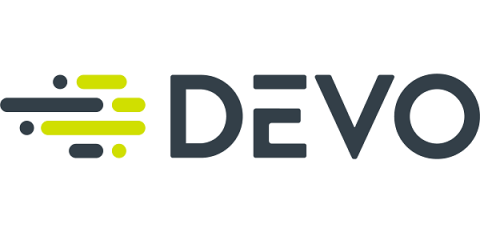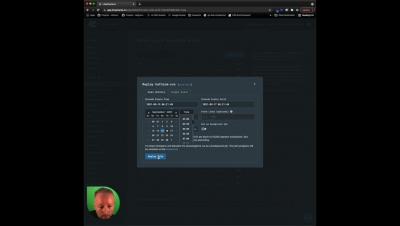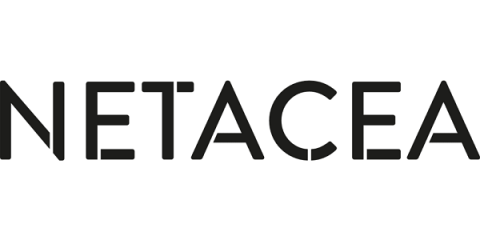Security | Threat Detection | Cyberattacks | DevSecOps | Compliance
Security
New Trends With Ransomware - Fall 2021
How Devo Helps Our Customers Solve Pressing Cybersecurity Challenges
For the past 10-plus years, cybersecurity solutions have been innovating rapidly to thwart new threats. But as they solved security challenges, new ones constantly emerged — especially as organizations continue to expedite their digital transformation efforts and shift to the cloud.
How to protect yourself from APTs to avoid incidents like the Microsoft Exchange case
APTs (Advanced Persistent Threat) have more serious consequences than conventional cyberattacks. The explanation for this lies in the fact that, on the one hand, the perpetrators spend much more time and effort (often promoted by government organizations), and on the other, the victims are also more high profile.
Hunting for Malicious PowerShell using Script Block Logging
The Splunk Threat Research Team recently evaluated ways to generate security content using native Windows event logging regarding PowerShell Script Block Logging to assist enterprise defenders in finding malicious PowerShell scripts. This method provides greater depth of visibility as it provides the raw (entire) PowerShell script output. There are three sources that may enhance any defender's perspective: module, script block and transcript logging.
Conducting Penetration Testing for Your Corporate Security
Understanding your organization’s cybersecurity posture is becoming more important every day. So how do you know how secure your IT infrastructure really is? One way to get a glimpse into your organization’s security is penetration testing: pretending (or hiring someone to pretend) to be a hacker, attempting to infiltrate your organization’s physical and cyber systems however possible.
NIST's New Draft for Ransomware Risk Management
Cyberattacks against businesses of all sizes are at all-time highs. Data from 2021 and projections for the future of cybersecurity suggest that the frequency and intensity of these attacks will only continue to grow. At the forefront of most cyberattacks in 2020 was ransomware, a type of malicious malware attack where attackers encrypt your organization’s data and demand payment in exchange for a decryption key to restore access.
Running Detection & Response Rules Against Historical Telemetry
Apple's Vulnerability
Apple has issued an emergency software update after a cyber-surveillance company created invasive spyware that could infect any iPhone, iPad, Apple Watch, or Mac Computer. Toronto-based internet watchdog security group Citizen Lab said that NSO, the surveillance company which is an Israeli spyware company, developed the tool with a technique that could easily exploit Apple software.










